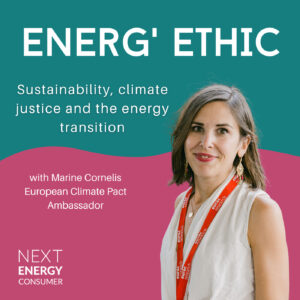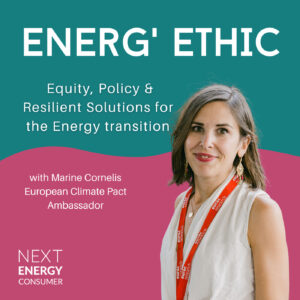Reflecting on the 15th European Citizens Energy Forum in Dublin (the tenth I’m attending; see 2018 and 2019), it’s evident that the European Union has made significant strides in incorporating consumer concerns into its energy policies. Over the last ten years, I’ve witnessed a noticeable shift in the narrative. However, shifting from a top-down to a more bottom-up approach in addressing energy citizenship remains critical.
Initially, EU energy forums scarcely considered the perspective of energy citizens. Though consumer focus is now mainstream, the dialogue still, too often, skews towards a top-down narrative that omits that consumers are, actually, citizens with rights. The transition to genuine energy citizenship requires not just recognition of consumer rights but active empowerment and engagement at the grassroots level.
The forum has been the flagship event steering better inclusivity and proper actions towards citizens. And this year, Ireland’s Minister for Climate and Energy, Eamon Ryan, set a promising tone, advocating for shared energy, digital and transport revolutions. His emphasis on sharing the clean energy revolution – not just within our communities but extending to our global neighbours and Africa, particularly ahead of COP28, resonated deeply with me. This inclusive approach underpins the essence of energy citizenship and the need for collaborative efforts in addressing climate and energy challenges.
The session led by Louise Sunderland, featuring a panel of influential women, highlighted the intersection of energy, housing, and social policies in addressing energy poverty. Halina Jagielska from EYEN, Monique Goyens from BEUC, Annegret Groebel from CEER, and Baiba Miltovica from the European Economic and Social Committee, illustrate the power of diverse perspectives in driving energy policy. Monique Goyens’ stress on engaging directly with communities, particularly through social workers, underscores the necessity of meeting people where they are, rather than where we assume them to be, and deeply echoes the findings of my research on access to justice and energy poverty. However, my observation is that these discussions, while valuable, still echoed a top-down perspective. What’s needed is a greater emphasis on bottom-up solutions that originate from the very communities and the people they aim to serve.
The forum’s presentations on energy communities, sharing, and efficiency solutions were steps in the right direction, showcasing the potential of decentralized energy models. These models demonstrate how local communities can be at the forefront of energy innovation, challenging traditional top-down energy distribution systems. The concept of energy sharing and efficiency is particularly relevant, as it empowers local communities to manage and distribute resources effectively, fostering a sense of ownership and responsibility.
However, for these initiatives to truly resonate and be effective, they must be shaped by the people they intend to benefit. Policies and solutions must be co-created with citizens and communities, ensuring that they are not just passive recipients of top-down strategies but active participants in shaping their future energy. This is the essence of true energy citizenship – where every individual has a voice and a stake in the energy landscape.
As we continue to navigate and influence the energy transition, it’s crucial to advocate for more grassroots involvement, ensuring that policies and solutions are grounded in the lived experiences and needs of the people they aim to serve. This bottom-up approach is key to achieving sustainable and equitable energy systems that truly embody the spirit of energy citizenship.
Keywords: Energy Citizenship, Bottom-Up Approach, EU Energy Policies, Dublin Forum, Community Engagement, Decentralized Energy, Energy Communities, Energy Sharing, Grassroots Empowerment.



